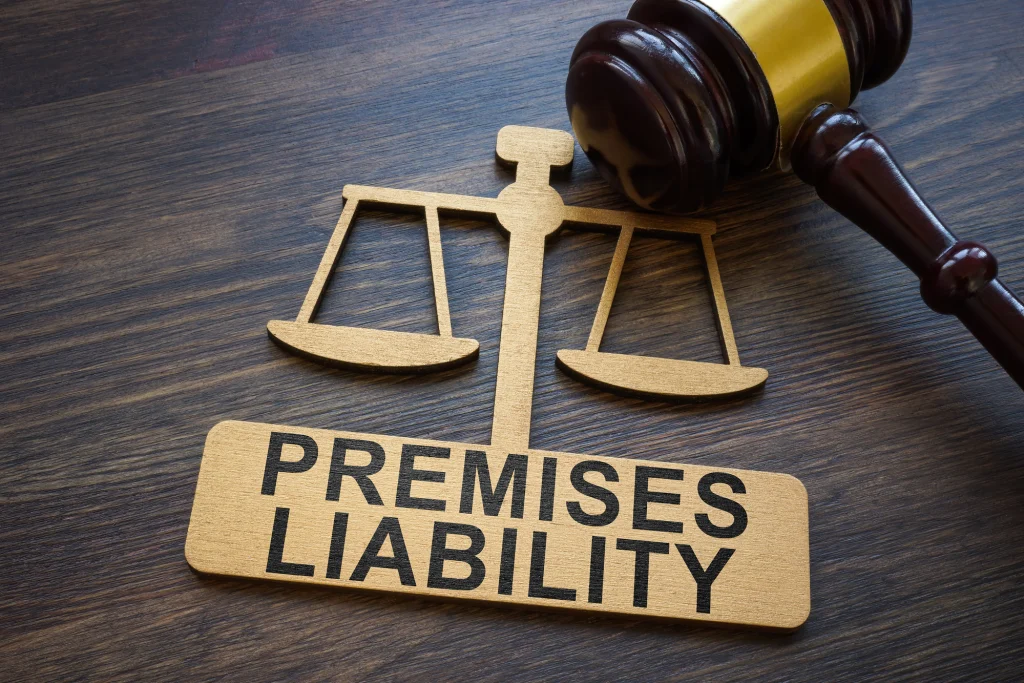Navigating Premises Liability: A Recent Court Ruling Clarifies Tenant Duty to Social Guests in California
Premises Liability Accident, California
In an important development in premises liability law, California’s First District Court of Appeal, Division One, recently delivered a ruling on May 5, 2023, in the case Moses v. Roger-McKeever (A164405). This case sheds new light on the responsibilities of a condo tenant towards a social guest in relation to the unit’s premises.
Eleanor Moses, the plaintiff, had a mishap on a poorly lit walkway at a condominium rented by Pascale Roger-McKeever. She had been invited to a casual gathering hosted by Roger-McKeever, a member of a political activist group. On arrival, Moses brought up the inadequate lighting issue to Roger-McKeever, who apologized, mentioning that her landlord had been slow to fix the porch light. Unfortunately, Moses tripped on a step on the poorly lit walkway while leaving the gathering.

Moses contended that Roger-McKeever had an implicit duty of care by inviting her and knowing she would use the walkway. Additionally, Moses claimed that Roger-McKeever should have at least issued a warning about the potential danger. Both arguments were dismissed by the court, who quoted previous case law to establish that a tenant can’t be held accountable for conditions they don’t own, possess, or control.
The court also highlighted the difference between social host liability and commercial enterprise liability. They reasoned that businesses hold a “special relationship” with patrons and thus owe a duty to protect them, even outside the business premises. However, this is not the case in an informal social setting where no commercial profit is involved. The court asserted that if a duty of care was imposed on Roger-McKeever, it would create a scenario where all tenants could be held responsible for hazardous conditions in public spaces, even those beyond their control.
Key takeaways from this case include the clear distinction courts draw between social hosts and commercial entities regarding liability, and that a tenant is not obligated to safeguard against dangers beyond their rented space, even if they occasionally undertake minimal maintenance on the property.
As personal injury lawyers, we at The Scranton Law Firm understand how critical these developments are. They influence how we approach cases involving premises liability and negligence. If you’ve suffered an injury due to a slip and fall, or any form of negligence or premises liability incident, don’t hesitate to reach out to us.
Our dedicated team of experienced attorneys is prepared to assist you with your case, ensuring your rights are upheld and you receive the compensation you deserve. Contact us today to learn more about how we can support you through this process.